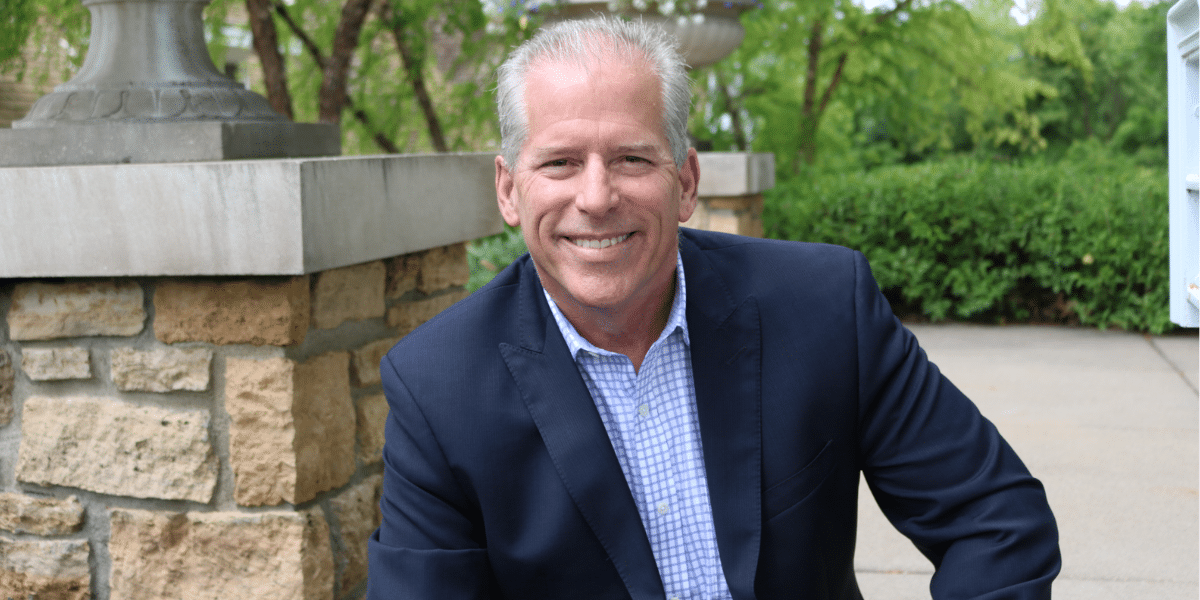In today’s rapidly changing world, education is more than just acquiring knowledge; it’s about shaping individuals who are ready to navigate complex challenges, lead with integrity, and contribute positively to society. Amidst this evolving landscape, modern faith-based education plays a pivotal role in molding the leaders of tomorrow. This unique educational approach combines academic rigor with spiritual and moral development, offering students a well-rounded foundation for success in all facets of life.
Holistic Development: Beyond Academics
Faith-based education is centered on the holistic development of students, emphasizing not only intellectual growth but also spiritual, moral, and emotional well-being. This educational model fosters a nurturing environment where students can explore their beliefs, understand the importance of values, and develop a strong moral compass. The integration of faith into the curriculum encourages students to reflect on ethical issues, cultivate empathy, and engage in community service, instilling a sense of responsibility towards others and the world around them.
Academic Excellence and Spiritual Growth
One of the hallmarks of modern faith-based education is its commitment to academic excellence, seamlessly intertwined with spiritual growth. Schools and institutions like the academy associated with First Apostolic Church of Maryville exemplify this approach, offering a rigorous academic program enriched with spiritual teachings. This dual focus ensures that students are not only academically prepared for their future careers but are also equipped with the spiritual resilience to face life’s challenges with grace and integrity.
Fostering a Supportive Community
The environment within faith-based educational institutions is characterized by a strong sense of community and mutual support. Small class sizes and dedicated faculty create a close-knit atmosphere where students feel valued and understood. This supportive environment extends beyond the classroom, with numerous extracurricular activities, community service projects, and fellowship opportunities that strengthen bonds among students, faculty, and families. Such a community fosters a sense of belonging and encourages students to support one another in their academic, personal, and spiritual journeys.
Leadership Rooted in Service
Leadership training in faith-based education is deeply rooted in the principle of service. Students are taught that true leadership involves serving others, a concept that is reinforced through various service-learning opportunities and leadership roles within the school and the broader community. This approach helps students develop a servant-leader mindset, preparing them to take on leadership roles with humility, compassion, and a commitment to making a positive impact on society.
Addressing Modern Challenges with Timeless Values
In a world where ethical dilemmas and moral ambiguity are increasingly common, faith-based education offers a grounding in timeless values. It equips students to navigate contemporary issues with wisdom and integrity, drawing upon their faith and moral principles. By integrating discussions on current social, environmental, and ethical challenges into the curriculum, these institutions ensure that students are not only aware of the world’s complexities but also prepared to address them with informed, values-driven solutions.
Diversity and Inclusivity in Faith-Based Education
Modern faith-based education also embraces diversity and inclusivity, recognizing the richness that different perspectives and backgrounds bring to the learning environment. Many faith-based schools welcome students from various faith traditions, fostering an atmosphere of mutual respect and understanding. This exposure to diverse viewpoints encourages students to develop empathy, respect for differences, and an appreciation for the global community’s interconnectedness.
Technology in Enhancing Learning
Incorporating technology into the curriculum is another aspect where faith-based education shines, utilizing digital tools to enhance learning and prepare students for the digital age. From interactive online resources to virtual classrooms, technology is leveraged to support collaborative learning, critical thinking, and creative problem-solving, ensuring that students are well-versed in the tools and technologies that will shape their future.
Preparing for the Future with Confidence
Graduates of faith-based educational institutions emerge as well-rounded individuals, equipped with a strong academic foundation, a deep sense of purpose, and a commitment to ethical leadership. They are prepared to embark on diverse career paths, contribute to their communities, and navigate life’s challenges with confidence and integrity.
Conclusion
The power of modern faith-based education in shaping tomorrow’s leaders is undeniable. By fostering holistic development, academic excellence, and a commitment to service and ethical leadership, these institutions play a crucial role in preparing students for the complexities of the modern world. As exemplified by programs like those at First Apostolic Church of Maryville, faith-based education remains a vital force in nurturing individuals who are not only successful in their professional endeavors but also dedicated to making a meaningful difference in the world.
Published by: Martin De Juan











